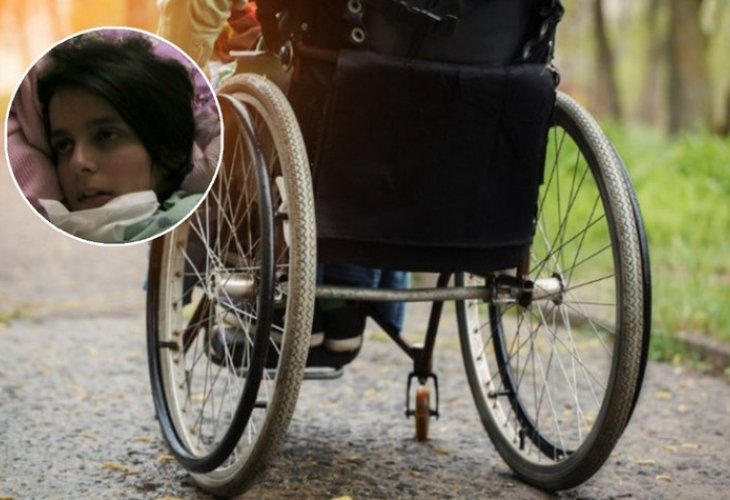Personal Stories
From Coma to Champion: A Journey of Hope
Paralyzed and silent for four years, she never gave up. Her family’s faith—and hers—led to a miraculous comeback.

When people hear Victoria Arlen’s story, they’re often left speechless. It’s the kind of story that seems almost impossible—something that could only happen in a movie. But it’s real. And at the heart of it is a simple yet powerful message: never give up hope, no matter how dark things seem.
Victoria grew up in a warm, loving home with her parents and two brothers. Life was good. She was healthy, happy, active—and then, at age 11, everything changed.
It began with what looked like the flu, but soon doctors discovered something much worse. She had severe pneumonia, and her lower body became suddenly paralyzed. Her condition quickly deteriorated. A serious infection had attacked her brain and spinal cord. Before long, she slipped into what doctors called a “vegetative state.” She couldn’t move, talk, or respond. She was kept alive only by a feeding tube.
From the outside, Victoria seemed completely gone. Her parents were heartbroken. The doctors told them gently to prepare for the worst. “There’s nothing more we can do,” they said. “Her brain is no longer functioning. This is how she’ll stay.”
But no one—not even the experts—knew the full truth.
Victoria could hear everything.
She wasn’t unconscious. She wasn’t unaware. She was fully present inside her body, but utterly unable to let anyone know. “I heard doctors telling my parents there was no hope,” she later said. “I understood everything—but I couldn’t move, couldn’t speak, couldn’t even blink to show I was still there.”
For four years, she lived like that—trapped in silence, hearing the world move on around her. But her family never gave up. Her parents visited every day. Her brothers sat beside her, telling her stories, updating her on life, treating her like the sister they loved—not someone who had disappeared.
Then, one day, something shifted.
Victoria managed to make eye contact with her mother. Then she moved her fingers slightly around her mother’s hand. It was just a small movement—but it was everything. Slowly, signs of life returned. Words came back. Then sentences. Then the ability to eat solid food. Her body began to reconnect with her soul.
Except for one thing—her legs still wouldn’t move.
Doctors told her that walking again was impossible. The damage was permanent. But Victoria wasn’t ready to accept that. “I chose to believe in miracles,” she said. “I knew the odds were low—but they weren’t zero. That was enough for me.”
She worked hard. She focused on every tiny improvement. But it was something unexpected that truly changed things—her brothers threw her into the family pool.
They knew she had loved swimming as a child. At first, Victoria was terrified. But once in the water, her body remembered. She swam—and it felt like freedom. From there, she began training as a Paralympic swimmer. She didn’t just swim—she competed. And she won. Three silver medals and one gold.
Through swimming, she rediscovered her strength. “Every goal I reached made me believe walking was possible,” she said. And then she heard about Project Walk, a program that helps people in wheelchairs learn to move again.
With intense therapy, countless tears, and endless determination, Victoria stood up. In 2011, she took her first steps. From there, she progressed to crutches. Later, she received prosthetic legs that helped her walk almost independently.
Is it easy? Not at all. Victoria still trains every day. But she does it with a smile. “I’m just grateful,” she says. “Grateful to my family, to G-d, and to the journey.”
Victoria now shares her story with others. She reminds people that even when everything seems lost, we never truly know what’s possible. As Jews, we believe in emunah—deep faith that G-d runs the world with purpose and love, even when we don’t understand. Victoria’s journey is a living example of that kind of faith.

